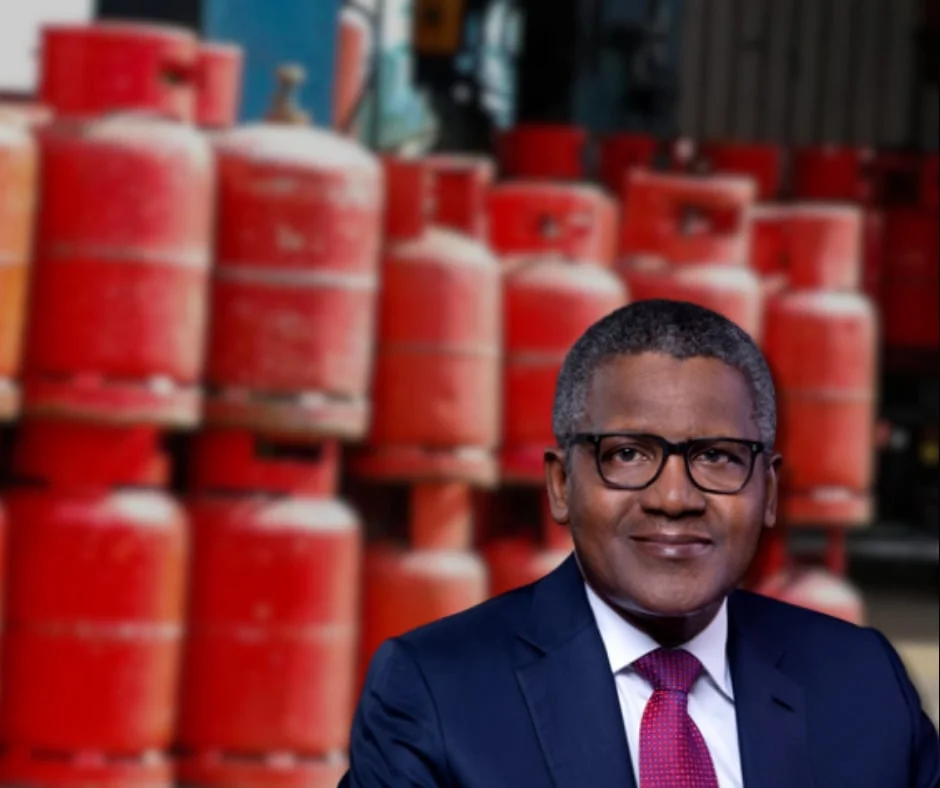Nigerians may soon enjoy a welcome break as the Dangote Group, led by business tycoon Aliko Dangote, prepares to lower the cost of Liquefied Petroleum Gas (LPG), or cooking gas.
During a recent visit to his Lekki refinery, Dangote pointed out that the current price—ranging from ₦1,000 to ₦1,300 per kilogramme—is out of reach for many, pushing them toward firewood.
“We’re producing around 2,000 tonnes of LPG daily, and the country is slowly adopting it,” he noted. “But it’s too costly, so we’re focused on making it more affordable.”
With the refinery now outputting 22,000 tonnes daily and planning to increase supply, this could bring relief to countless homes.
A Direct Approach to Pricing
Dangote issued a firm challenge: if distributors fail to cut prices, his company will sell directly to the public.
“If they don’t adjust, we’ll reach consumers ourselves, encouraging a switch from firewood or kerosene to LPG,” he declared.
This strategy aims to break the cycle of high costs and promote cleaner energy options. However, it has stirred controversy.
Industry players worry it could disrupt the supply network.
Godwin Okoduwa, a former gas sector leader, warned that bypassing middlemen might lead to job cuts and an uneven market dominated by Dangote.
Industry Pushback and Public Support
Bassey Essien, from the Nigerian Association of LPG Marketers, called the plan impractical, arguing that distribution involves costs Dangote might not fully consider.
Yet, the public has embraced the idea with enthusiasm. Social media is alive as people cheer the potential relief from rising living expenses.
Potential Market Transformation
If this direct-sales model succeeds, it could reshape Nigeria’s LPG landscape, offering millions a cheaper fuel source and pressuring other sellers to adjust.
This might also nudge the Nigerian Midstream and Downstream Petroleum Regulatory Authority (NMDPRA) to reassess gas pricing and distribution rules.
While marketers fear a Dangote monopoly, supporters see it as a chance to challenge an overpriced system.
The refinery’s growing output and public backing suggest a significant change could be on the horizon for Nigerian households.






















